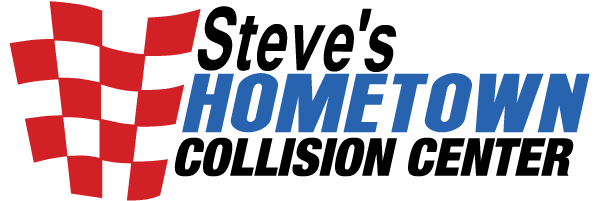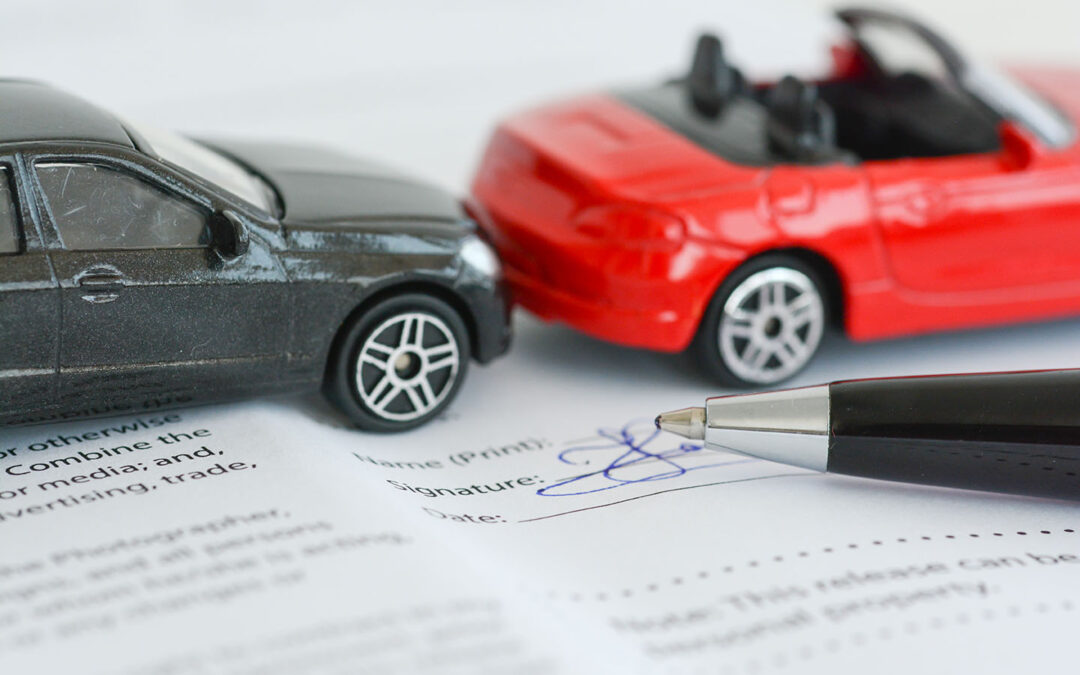Being in an accident is a terrible experience. Sometimes insurance companies add the misery of an accident and decide your car is not worth saving. No one wants to hear their car has been totaled after an accident. But unfortunately, car accidents are very common, with the resulting headache often being that your car is totaled. So what does this mean to you and your vehicle.
WHAT DOES “TOTALED” MEAN?
Also known as a total loss, this means your car is one of two things: A) not repairable or B), it would cost more to repair than what the vehicle is worth. Even if you wanted to make the repairs, your insurance company will most likely refuse to pay. Let’s say the necessary repairs on the damage would be $14,000 but the vehicle’s value is only $12,000. The car would be declared totaled by the insurance company.
Depending on your individual policy, your insurance may owe you the cash value of your car. To determine that cash value, they will consider the following factors:
- Vehicle make and model
- Age
- Condition
- Mileage
- Resale value, or salvage value, of the metal and parts
- Chance of unseen damage such as alignment problems or leaks
- The price the vehicle would sell for in your local market
WILL MY INSURANCE COMPANY PAY ME FOR A TOTALED CAR?
When you owe money on a car, essentially when you have a loan out on it, you are required to have both collision and comprehensive coverage. Once you pay off the loan and the car is yours, it’s your choice whether or not to have that coverage. But without this extra coverage, you may be responsible for paying to replace a totaled car out of your own pocket, particularly if you were determined to be at fault. Gap insurance also will cover the difference between the loan and the insurance payout.
Sometimes, your insurance company won’t cover your claim when the vehicle involved is totaled. Common reasons for claim denial include:
- Lack of appropriate coverage.
- Failure to pay premium payments on time.
- Driving while intoxicated at the time of the crash.
- Statute of limitations ran out on reporting the damage to the insurer.
- A fraudulent claim was filed.
Here’s what usually happens when you file a totaled vehicle claim:
- First, pay your deductible before a claim check can be issued.
- Negotiate with the insurance company if you believe your car to have a higher value than they do.
- After claim approval, your insurance company will own the totaled car. They can choose to sell it for parts or scrap metal. If you want to keep the totaled car, your insurance company may deduct the salvage value from the claim payout.
PAYING A LOAN ON A TOTALED CAR
If you had been financing your car at the time it was totaled, your insurance company could cut a check made payable to your name as well as the lender’s. This means you will have to agree with your lender on how that reimbursement will be released. This is how it usually goes: the lender is reimbursed first; any remaining compensation is then paid out to you.
Sometimes you could still owe the lender more money for the vehicle in excess of the insurance payment you got, which means it’s your responsibility to pay the rest of the balance on the loan. Let’s say you owe $20,000 on the loan, but the vehicle’s value depreciated to $18,000 at the time of the accident. If you have collision coverage, you would get reimbursed by the insurance company for the actual cash value of your car, or $18,000. You would owe the lender that amount plus the other $2,000 from your own pocket. One solution is to add on gap coverage to your policy to avoid having to pay the lender that extra money, but few people think ahead and secure this coverage in anticipation of an accident like this.
If you find yourself in a situation where your car may be totaled as the result of an accident, it’s important to have patience throughout the process even though it is frustrating. If your car is not totaled, it’s important to get the damage fixed right away by a qualified mechanic.
BUYING BACK YOUR TOTALED CAR
Often the insurance company will allow you to buy the vehicle back after insurance payout. If this is the case and you want to get affordable repair done to keep your car on the road. Steve’s Hometown Collision Center can inspect and do proper repairs , so it is safe to drive again. Steve’s Hometown Collision Center in Fruitland, Idaho is open for business and ready to serve you.


Recent Comments